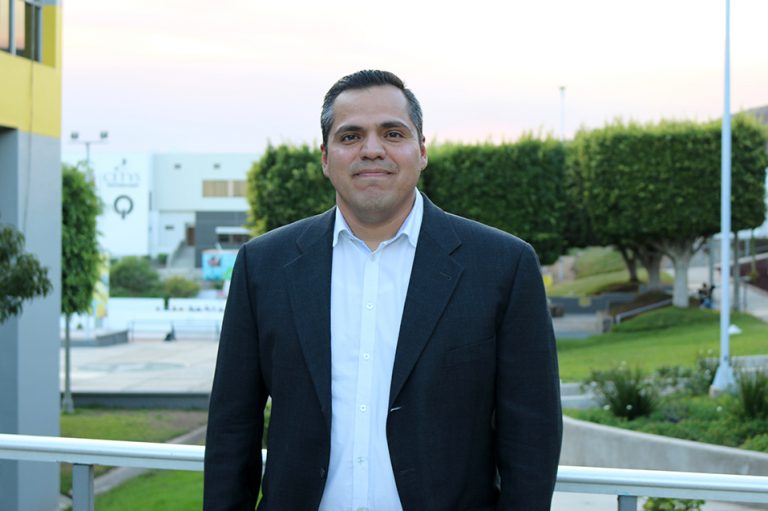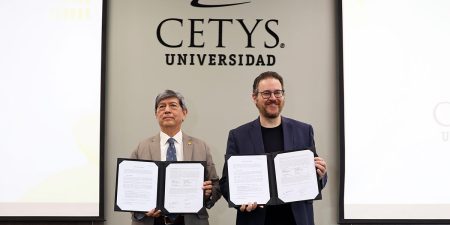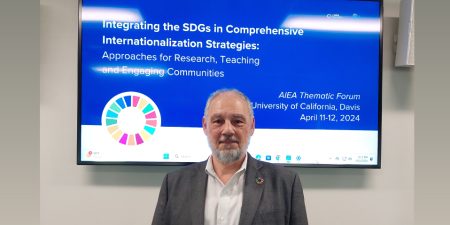During the current COVID-19 emergency, practically all of our work and educational activities are carried out at home. This implies that children, teens, adults, businessmen, housewives, etc., are using computers, information technologies, and other resources to support their daily activities, thereby increasing the demand for electrical energy.
Dr. Josué López-Leyva, Renewable Energies Engineering Program Coordinator at CETYS Ensenada, points out that in the education sector, all the way from elementary through higher education, classes are being taught via the internet or through broadcast or pay television. Regarding the workforce, videoconferences have become part of everyday life. In health-related activities, gyms are sending routines via different and several communication technologies.
“Without a doubt, the use of entertainment platforms has increased significantly. In all the previous scenarios, there are two extremely important technical aspects to consider: information and communication technologies and energy demand. ”
Related to information and communication technologies, López-Leyva highlights that several aspects are evident. For example, a relatively low domestic bandwidth that precludes most virtual applications from running satisfactorily. This is in addition to the salient challenges of accessibility and affordability (that can be paid for) of connectivity, or the urgent need to improve content.
On the other hand, since all family members are working and studying in a virtual and remote environment, it is obvious that the consumption of electrical energy will increases considerably, “I estimate that it could be anywhere from a 20 to a 35% increase in the utility bill ”.
He explained that a laptop is now recharged several times a day, a desktop computer is on for 6 to 8 hours a day, television also has significant consumption, to name a few. These energy-related issues must be considered in the present, so that, in the future, during the post-pandemic, the billing will not be too high and affect other family aspects. Therefore, households should consider some recommendations to promote energy savings during this pandemic, such as:
1) Encourage the use of natural light. Turn off as many lamps and spotlights as possible.
2) Adhere to your work and class schedule and agenda. Do not exceed the use of computer systems.
3) Use the mobile phone reasonably to increase the battery duration and reduce the number of times you charge it.
4) When using a portable computing system, try to close all applications that are not in use at the moment or running in the background; this will help increase battery life and minimize the number of recharges.
5) Encourage energy savings among younger family members; meaningful play helps raise awareness. In a certain way, energy policy is promoted.
6) Try to use clothing that does not require too much water to clean. Also, wear clothing that does not require ironing. With this, you minimize the use of electric energy in the washing machine and the iron.
7) Self-manage your entertainment. Do not exceed the use of entertainment platforms after your business hours or during the day. Other recreational activities are feasible, foster family time that does not require electricity.
These recommendations not only have a value in the economic aspect but, in a certain way, invites us to take advantage of our energy resources and take better care of the environment, said the expert.
Finally, “we must remember that the pandemic will pass, and the post-pandemic will come. Furthermore, it is not the goal to generate more electrical energy to fulfill the increased demand. The objective is to be more efficient in the use of electrical energy, without sacrificing the benefits and quality of the applications we use.»










Leave your comment